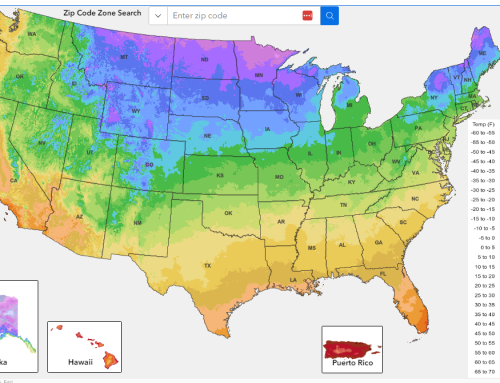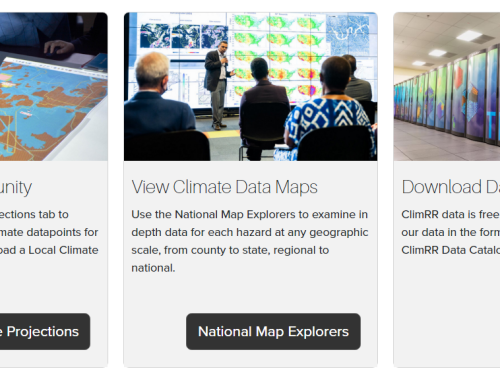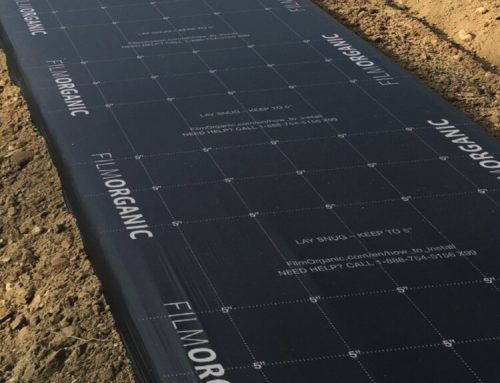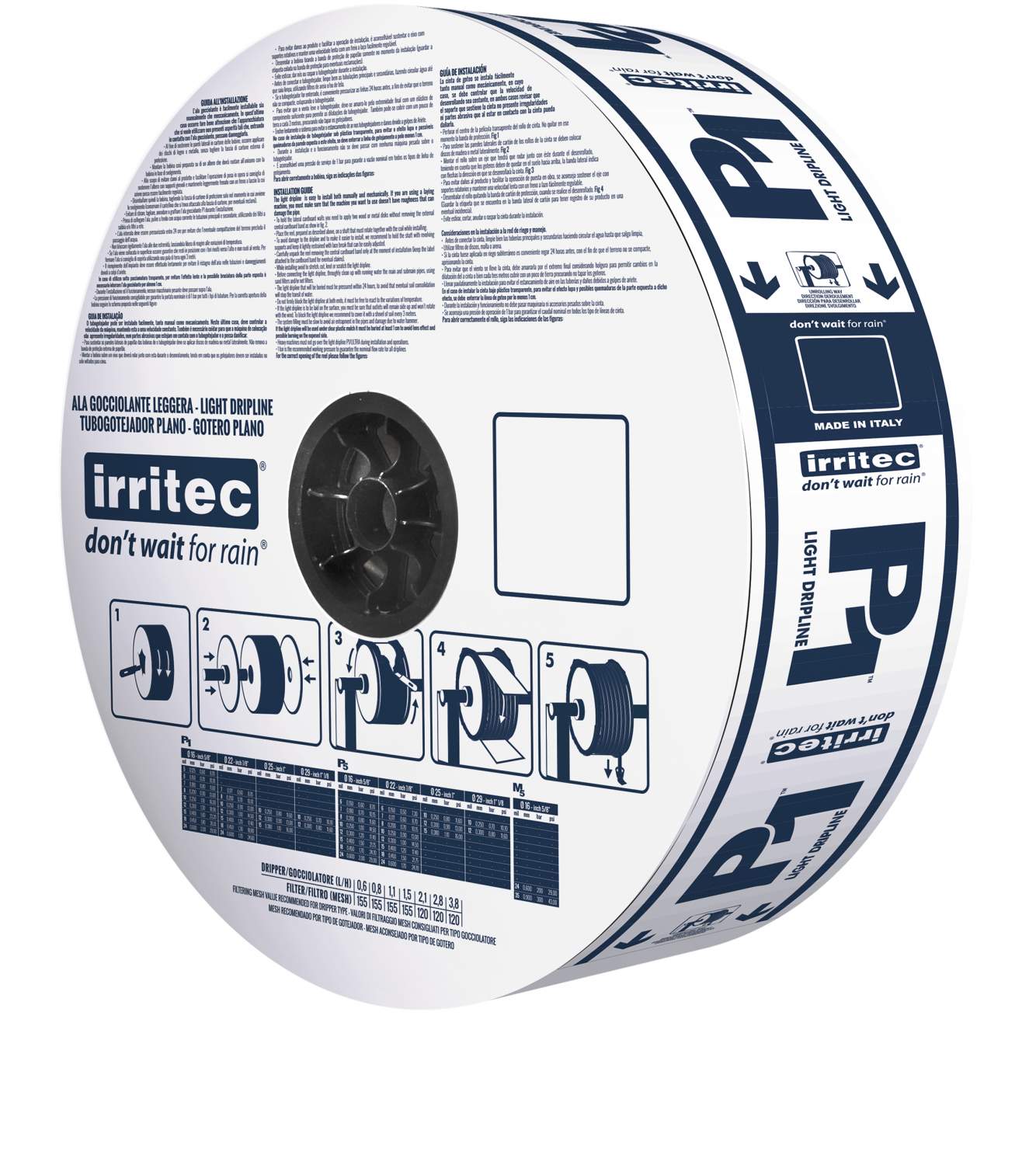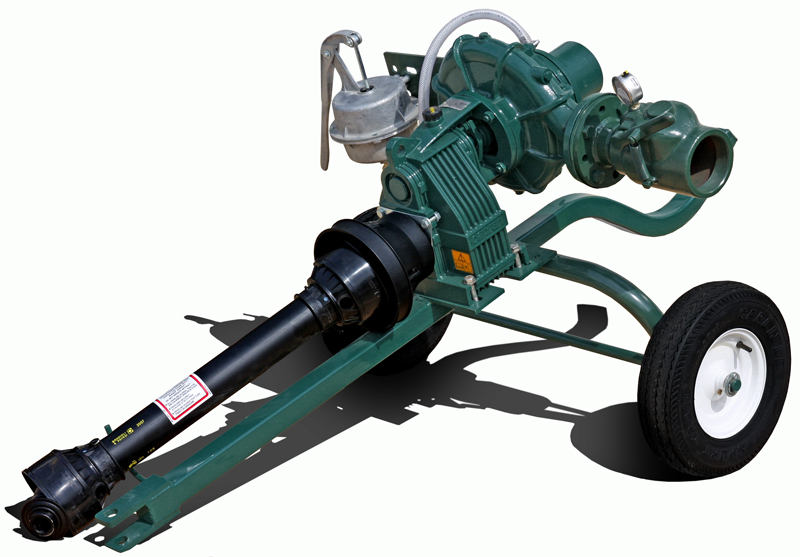Sustainable farming is a way of producing food and other agricultural products that is environmentally responsible, socially just, and economically viable. It is a farming system that focuses on meeting the needs of the present without compromising the ability of future generations to meet their own needs.
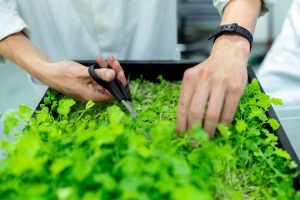
Sustainable Farming
Sustainable farming practices aim to protect natural resources such as soil, water, and air while producing crops and raising animals. This involves reducing the use of harmful chemicals and pesticides, conserving water and energy, protecting and improving soil health, and promoting biodiversity.
In addition, sustainable farming also takes into account the social and economic well-being of farmers, farm workers, and local communities. It prioritizes fair labor practices, community engagement, and equitable distribution of resources and benefits.
Overall, sustainable farming is a holistic approach that prioritizes the health of the environment, the people involved in the farming process, and the economic viability of the farm for long-term sustainability.
Drip irrigation is a great example of a sustainable farming method. Rather than flooding fields with a layer of water that soaks everything – the agriculture, weeds, irrigation ditches, and the kitchen floor, Drip irrigation is a way to deliver water (at a residence, garden, nursery, or farm) and nutrients directly to a plant’s roots with less waste through evaporation, percolation into the soil, and runoff. It “drips” the water onto the plant’s roots keeping them moist without the waste caused by sprinklers. It also allows for more precise distribution of the amount of water and nutrients delivered, leading to less waste (and saving money).
If you have questions about drip irrigation or other sustainable farming techniques, call us at 517-458-9741 or email us at info@irrigationsupplyparts.com.


